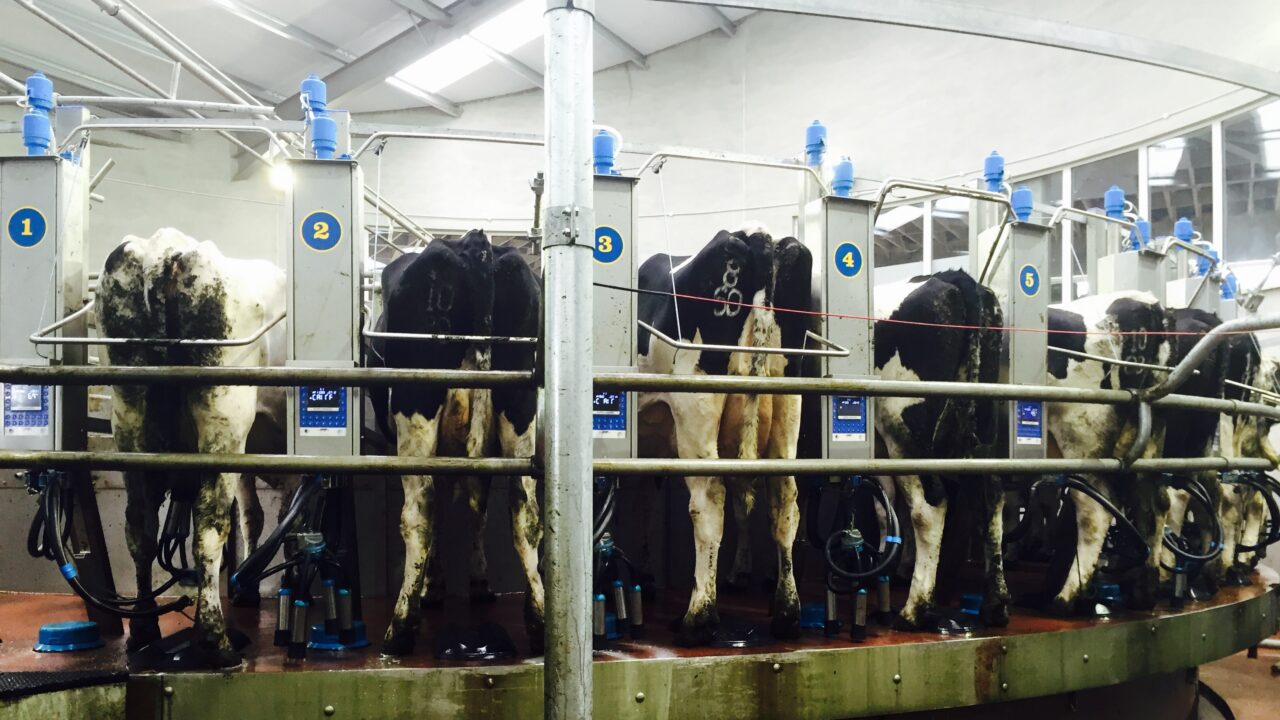Those familiar with Greek mythology will be fully aware of the vulnerability of Achilles and his heel. The Greek hero, who commanded a 50-strong fleet of ships, came undone in battle.
It wasn’t a blow to the heart or a shot to the head that ended Achilles, but rather an arrow that struck his Achilles tendon.
Worryingly the story shares many similarities to that of the Irish dairy industry.
The ending of dairy quotas was a watershed moment for Irish dairy farmers, as the production shackles imposed by 30 years of a quota regime were finally removed.
Some of our European counterparts would classify this as a victory for Ireland, but it could have revealed the Irish dairy industry’s biggest weakness – a shortage of labour.
The Irish dairy sector, both from a farmer and processor point of view, has undergone major changes since quotas were abolished.
We are entering a period of never-before-seen milk and dairy production capacity. But, the problem child in the room continues to be the lack of suitable labour.
Lest we forget that farmers are the backbone of the Irish dairy industry. And unless we can find people to put clusters on cows, any potential for growth could be scuppered before the benefits are felt in rural communities across Ireland.
Before my phone starts hopping, I am not saying that dairy farmers are bad employers but rather that years of family-orientated farms mean that many lack the necessary skills to deal with staff.
This needs to change for the betterment of the entire industry.
Last week, Teagasc published a report titled ‘The People in Dairy Project’, which stated that approximately 6,000 new entrants are needed over the next decade to replace retirees and meet the requirements of expanding herds.
A quick fix is not, and should never be, the solution. So the onus now lies firmly at the feet of Irish dairy co-ops and the Minister for Agriculture.
Both must ensure that adequate funding is made available to provide the fully-trained, highly-skilled people that Irish dairying so badly requires.
Unfortunately, this will not be easy and if early indications from agricultural colleges are correct, the number of people furthering their study in the field of agriculture could drop to a three-year low this year.
This comes as students set their sights on more nine-to-five orientated employment avenues.
My next argument, which will undoubtedly receive a mixed reaction, is to question why have we actually expanded if we don’t have the necessary capacity to fill that labour void?
My fear, and I know I am not alone in this, is that any potential labour shortage on Irish farms will force farmers to become even more dependent on family labour.
If this means that a young man or woman decides to return home to farm straight after completing an agricultural course instead of seeing how other farmers operate, I feel it could be to the detriment of the entire industry.
If an industry can’t afford to give young people the opportunity to better themselves by seeing how other farmers operate, it can only head in one direction and unfortunately that’s backwards.
